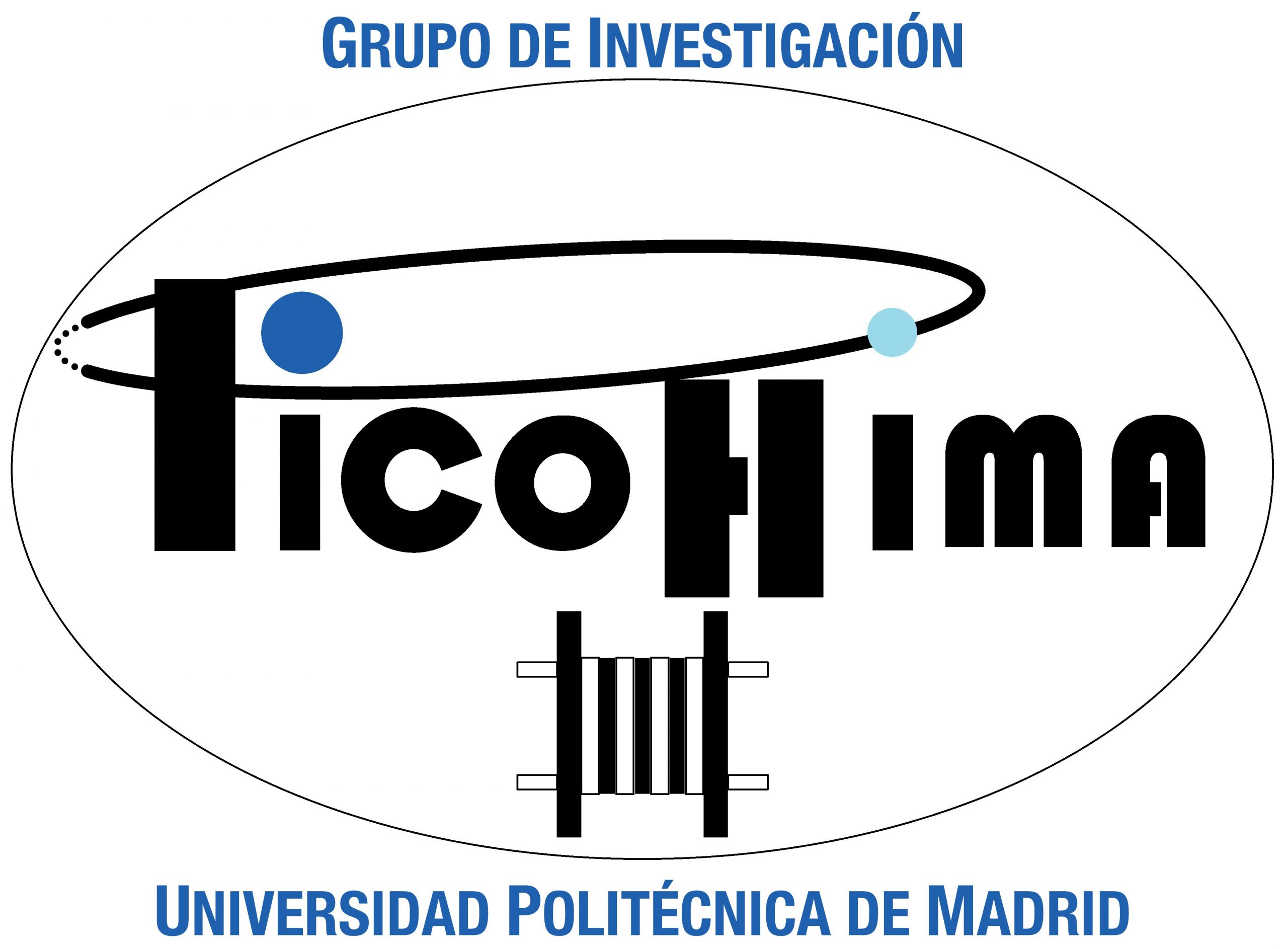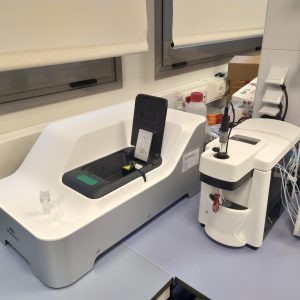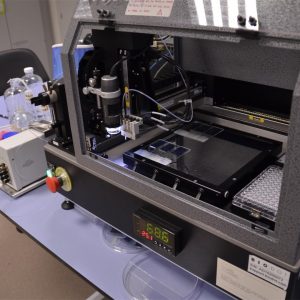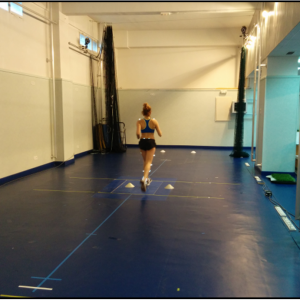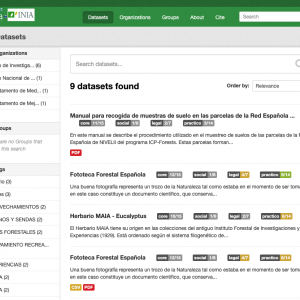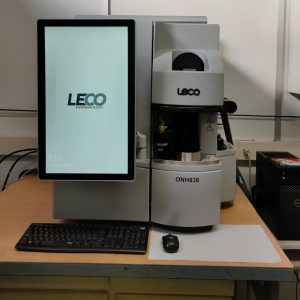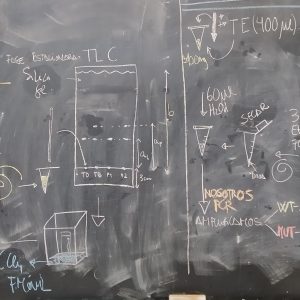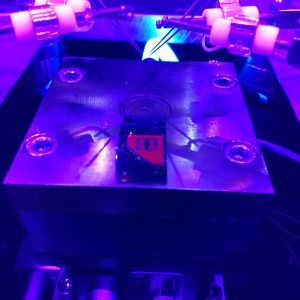Technology and financial consultancy and technical advice on implementing fuel cells and electrolysers in the maritime sector.
Description of the services offered
Consultancy and technical advice services on implementing fuel cell-based energy production systems and sea water and methanol electrolysis-based hydrogen production. These services cover technical and financial feasibility studies for decision making, that can be supplemented with technical advice work for the execution of the implementation projects.
Needs requested and applications
According to the International Maritime Organisation (IMO), in 2018 maritime transport was responsible for 2.89% of global anthropogenic emissions. With the aim of contributing to the worldwide efforts to combat climate change by addressing greenhouse gas (GHG) emissions, in 2018 the IMO adopted the ¿IMO initial strategy on the reduction of GHG emissions in ships¿, adopting the following goals in relation to an emissions baseline in 2008: reduce CO2 from transport work by at least 40% by 2030, and reduce total annual GHG emissions by at least 50% by 2050.
To meet the IMO¿s goals, Fuel Cell technology has been identified as one of the most promising. However, the use of this technology in the maritime sector is still very recent. Naval design offices, shipyards and shipowners do not have the experience or knowledge needed to identify the most appropriate technology in each case and use it efficiently. Therefore, PiCoHiMa offers consultancy services to cover this gap and enable the maritime sector to use the technology correctly, in the most suitable way.
Furthermore, the search for fuels that are an alternative to hydrocarbons, or the production of hydrocarbons, with a nil balance of greenhouse gas emissions means that electrolysis technology, based on renewable energy sources, is highly promising. Therefore, PiCoHiMa is researching hydrogen production using sea water and methanol by electrolysis in marine environments using renewable energy sources. PiCoHiMa offers its experience in this field to businesses for undertaking projects of this kind, ensuring a solid knowledge base.
Sector or area of application
- Naval construction ¿ propulsion systems and on board electricity generation
- Production of alternative fuels
Differential skills
The constant research work by the group itself means that its solutions flow alongside the state of the art of the technology and, for the same reason, PiCoHiMa is capable of developing and testing innovative solutions adapted to the potential client¿s needs.
Previous references for provision of services
Previous references are strictly confidential.
Equipment description
The consultancy services are fundamentally based on PiCoHiMa¿s human team. The team consists of professionals with a high level of multi-disciplinary training that covers all the fields of knowledge involved. They are Head University Lecturers, University Head Professors, University professors, and Researchers in general.
In order to do the service¿s work, PiCoHiMa¿s team has advanced software tools:
- Design and simulation: Rhinoceros, AutoCAD, SolidWorks, CATIA, ANSYS
- Naval architecture: MAXSURF, MARS
- CFD: OpenFOAM
- Engineering: MATLAB, SIMULINK
- Thermodynamics: REFPROP
- Fuel cells: Aero-Marine DMFC Designer®, MedPEM®
Request for service
To request the service, contact the Group¿s Head Researcher, Professor Teresa J. Leo via her e-mail () or use the contact form on the PiCoHiMa web site(https://blogs.upm.es/picohima/).


